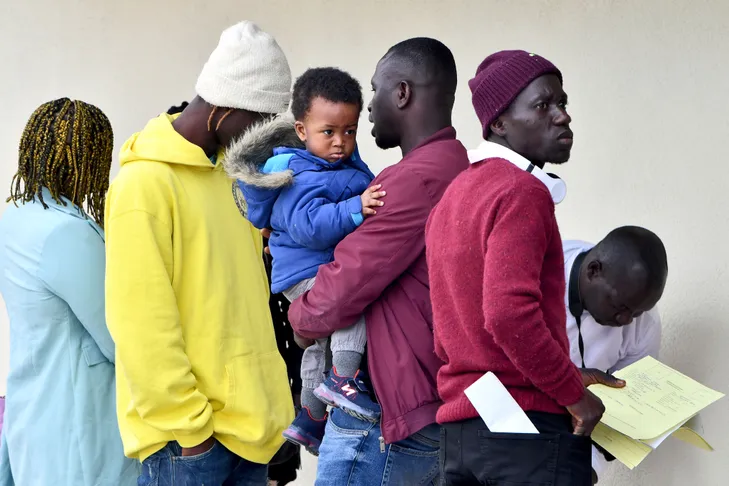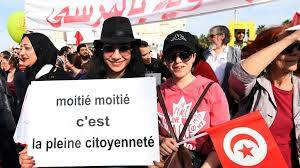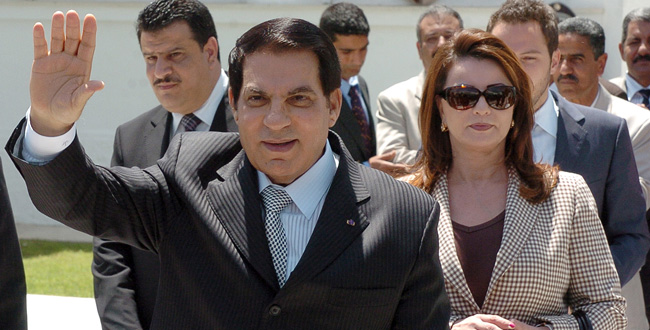Cash-strapped Tunisia has willingly accepted to play the role of the policeman at the gate, in return for cash and for the silence of the EU regarding the harsh treatment reserved to migrants.
The EU has offered to give Tunisia nearly 1 billion dollars in aid in return for stopping migrants. However, the bulk or 900 million dollars will be disbursed as macroeconomic aid dependent on the conclusion of a deal with the IMF.
Talks with the IMF have stalled and many analysts fear the deal needs now to be updated in view of changing economic assumptions. But few expect it to be stricken given Tunisian president’s reluctance to accept to take painful reforms, on top of which a scrap of general subsidies and a reduction of civil servants.
The MoU with the EU was also criticized by the Tunisian civil society and powerful unions. The Tunisian Forum for Economic and Social Rights (FTDES) said the MoU would transform Tunisia from European ‘border police’ to European ‘prison guard’.
The European commission was also lambasted by members of the European parliament for engaging in a migration deal with President Kais Saied who made xenophobia towards migrants a political capital using theories of the great replacement to stoke anti-migrants acts in his country.
In recent weeks, Tunisian authorities intensified campaigns against migrants abandoning scores in its desert borders with Libya in particular, while President Saied repeatedly claimed that Tunisia will not allow itself to become a border control agent for other nations.
Last month in a detailed report, Human Rights Watch reported Tunisian authorities’ documented abuses against migrants included beatings, use of excessive force, some cases of torture, arbitrary arrests and detention, collective expulsions, dangerous actions at sea, forced evictions, and theft of money and belongings.
“Tunisian authorities have abused Black African foreigners, fuelled racist and xenophobic attitudes, and forcibly returned people fleeing by boat who risk serious harm in Tunisia,” said Lauren Seibert, refugee and migrant rights researcher at Human Rights Watch.


